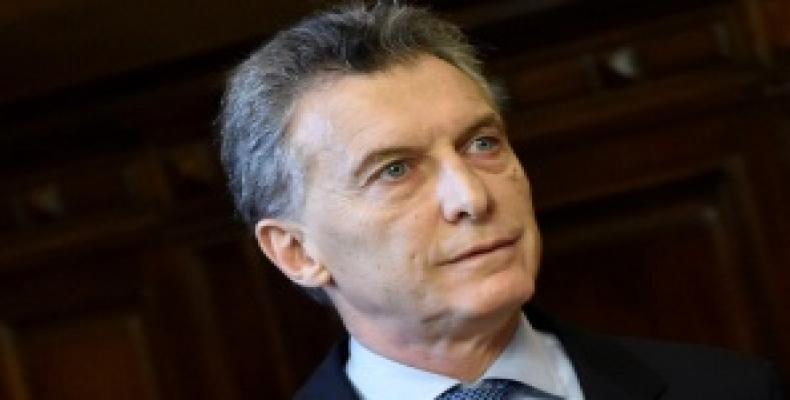Buenos Aires, July 26 (RHC)-- Since Mauricio Macri assumed office in Argentina, the gap in access to consumption between upper and lower classes has widened significantly, according to research by consumer research and consultancy firm Kantar Worldpanel.
The report found that between 2015 and 2017, the difference in purchasing power between the highest and lowest classes doubled, going from 8 percent to 16 percent. According to the report, for every $100, the lower classes spend $71, while the upper classes spend $134, nearly double the spending of the lower classes.
The growing class gap in Argentina is made visible by the continued strong sales of real estate and cars, while mass consumption as a whole, particularly in supermarkets, declines.
The analysts who compiled the report noted that the poorer classes spend over half of their income on basic goods, and another 30 percent on transportation and housing. Macri's conservative presidency, which has slashed social spending and implemented neo-liberal economic reforms, has seen a sharp increase in poverty in Argentina.
In March, the Catholic University of Argentina released a study revealing that President Macri’s administration has pushed 1.5 million people into poverty since taking office in December 2015. Poverty in the country went up from 29 percent at the end of 2015 to 32.9 percent in the third quarter of 2016.
For children, the rise in class inequality has had an even heftier toll. According to recent Unicef figures, about 5.6 million children live in poverty, a staggering rate of 47.7 percent, a growth of 17 percent since Macri took office.
Report Shows Class Disparity in Argentina Has Widened During Macri's Term


